Dispatch #29: The Question We are Often Asked: Why Did We Move to East McJesus?
You're reading Dispatches from East McJesus. Living in East Machias, Maine, can be a bit lonely, so I write to save my sanity. The mission may not succeed, but let’s try to enjoy it.
Many of my friends and relatives are, at least on some level, perplexed. How could Geof and I have given up everyone and everything we had in Massachusetts to move to “the middle of nowhere” in Trump country? Don’t we miss good sushi and museums? How could we find likeminded friends here? How could we decide to grow old in a healthcare desert?
There are two answers to all of these versions of, What on earth have you done? The first is the most straightforward. We bought a piece of land on a lake in downeast Maine so we could build a summer home, but then the pandemic caused the price of our build to literally double. We had to sell our Newburyport house to fund the rest of the construction as the bills piled up, and we could not find an affordable rental in Newburyport after selling our house, so we had to make a choice. We chose a permanent move to East Machias.
The second answer, the better answer, is that we felt we were gaining more than we were losing in ways that are hard to measure and even harder to articulate. This Stack will be my attempt to describe a lifestyle change that, on the surface, can seem . . . well, questionable may be the kindest adjective. And we get it! We’re in our 60’s, have chronic health problems, and pulled a reverse-snowbird. That does seem kind of crazy!
I want to start by admitting that fleeing the Boston area felt more urgent to me than to Geof, but he was completely on board. I’ve never been a city person, but I did really try. I loved living so close to Geof’s family and it was a lot to give up for more land, more fishing, and less traffic. I had simply gotten to the point that I was regularly expressing the aggravation of daily life by shouting inside my car, “Why can’t I make a left turn on High Street?!” “Someone, please, let me take a left!” “Someone, anyone??!!”
I realized I wanted to live in a place where I could simply drive. Where I didn’t have to stand in line all the time. Where I didn’t spend so many precious minutes of my life looking for a parking spot. Where the parking spaces in front of my own house were not constantly purloined by tourists. In other words, where there were fewer people!
It's so much more than that, though, because it’s not just what I wanted to escape, but what I was running toward.
One of the most formative books I’ve ever read is The Geography of Nowhere by James Howard Kunstler. It came out when Charlotte was a baby and I was perhaps 30 years old. It’s about the negative effects the invention of the automobile had on communities and nature itself. Once cars became ubiquitous, suburbs and suburban sprawl became a blight on the landscape. It seemed to me that a lot of my own anomie was related to how unnatural and without character our manmade environment had become. Although I gravitated toward antique homes in small cities and towns, I still felt severed from my spiritual connection with the vast woodlands of my childhood on the outskirts of Atlanta. I am so lucky to have had a free-range childhood in a semi-wild place. My childhood home has long since been demolished and replaced by a McMansion; the surrounding woods are now housing developments. It’s a tale as old as time.
For decades, I yearned for something I couldn’t quite put my finger on, because it’s hard to see what isn’t there. I realized that what was missing in my otherwise meaningful life was a deeper and more intertwined relationship with the natural world, with its seasonal cycles and webs of interdependent life. If I was going to spend my remaining years in a sunsetting democracy, I wanted to do it in a place with a lot less concrete and a lot more flora and fauna. I wanted to go to sleep and wake up and walk around in a place that was bathed in a certain kind of quiet. Morning birdsong and evening loon calls are one thing; garbage trucks, car horns, and barking dogs are another. What I craved was a calmer nervous system and something called glimmers. I believed those things would knit back together the chasm between my lifestyle as a human being in our post-industrial world, and my primal emotional ache for a place within, not outside, the ecosystem.
I don’t live in a yurt and I do have running water, so it’s not as if I’ve disappeared into the wild, but the day I woke up and saw a bald eagle fly right past my bedroom window, I knew I’d mostly achieved that sense of connection and wholeness I’d been chasing. I no longer need to drive somewhere to get immersed in nature for a couple of hours — it is all around me all the time.
Although Geof and I don’t attempt to quantify it, we do believe that the end-of-life years we might lose by not having top-notch healthcare are offset by the inner calm we’ve gained from drastically reducing our stress. And who knows? Maybe we’ll get more time on the back end because we’ve made these changes. At the very least, we won’t lose months of our lives sitting in the goddamn traffic.
I’ve written this post not because I feel I need to justify a decision to anyone, but because something is wrong with the world that so many of us feel in our souls but struggle to define. Our species has caused this disconnect - between and within ourselves. If you ask a fish how the water is, it doesn’t know. As humans, we don’t always comprehend the interstitial spaces within our own lives beyond the fuzzy sense of something being a bit “off.” We have so drastically altered the planet and so arrogantly placed our own needs for profit and “stuff” above the wellbeing of every other form of life, that this has become an intrinsic element of modern human existence we forget to question. I wanted to try to verbalize why I think so many of us suffer a vague malaise no matter how well we are doing professionally or financially. Perhaps we crave a more sustainable path and the modicum of redemption that comes from trying to shrink our carbon footprints, even if nothing we do has any measurable impact on the climate crisis. At least, that’s true for me.
In the final season of my life, I want to find consolation and joy in simpler things. I criticize no one for preferences and choices that are different than mine, and I could not have made this choice when I was younger, not working from home, and needing to live where there were good schools for my child. I just think that life is full of trade-offs, and it feels healthy to examine mine outside the shadows of my subconscious. In the sunlight, they grow more rewarding with each passing day.
There are many things I miss about living in a more cultured and progressive place, but I’m really happy here. It’s 1400 miles from where I grew up, but it feels like I’ve come home again.
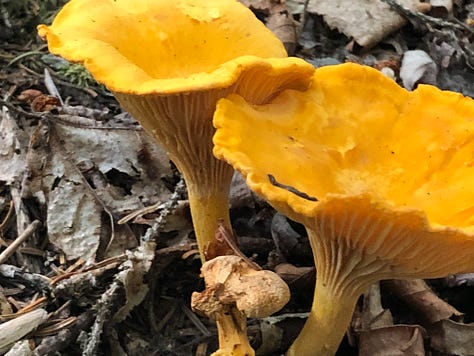
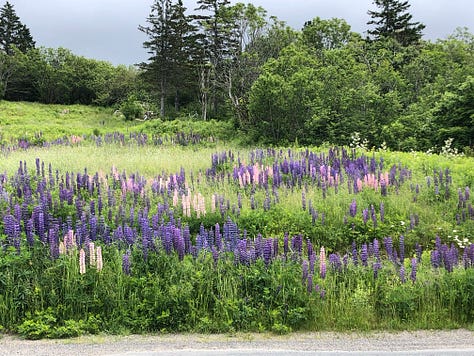
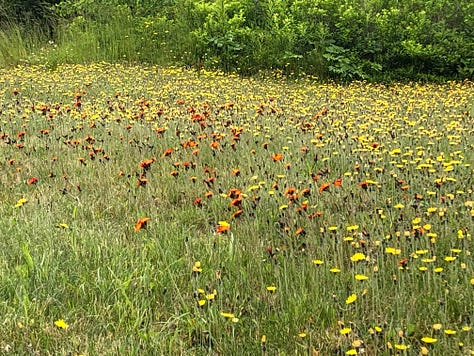
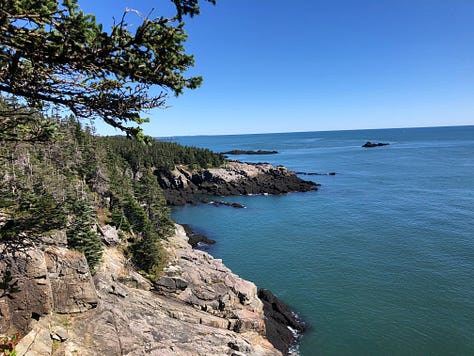
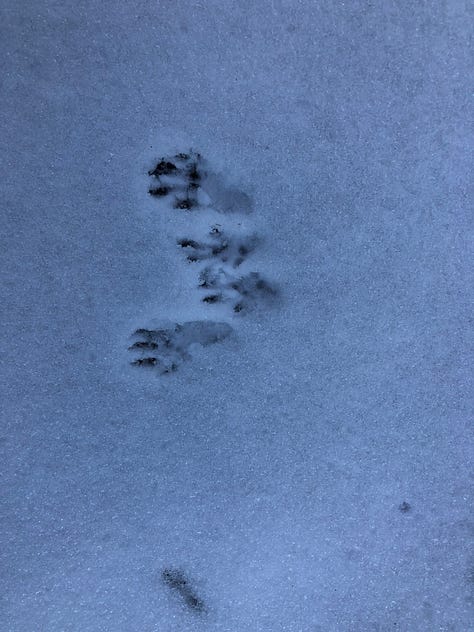
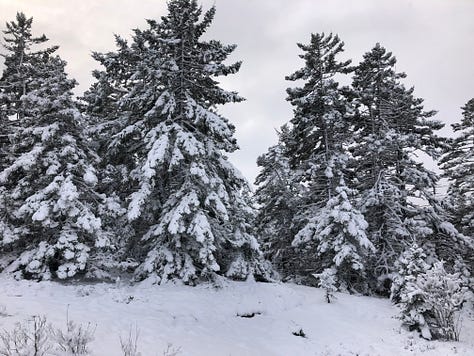
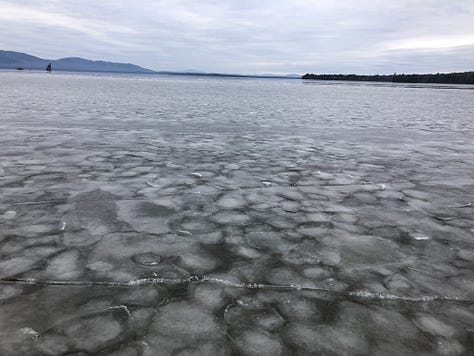
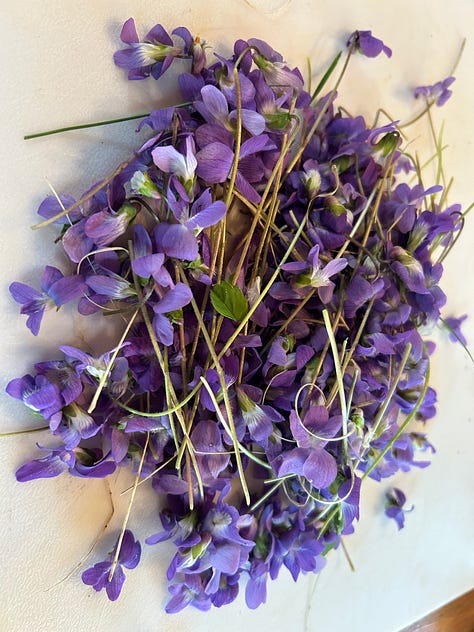
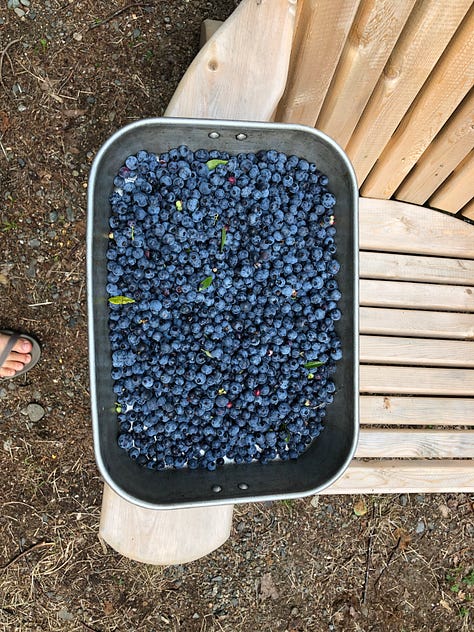



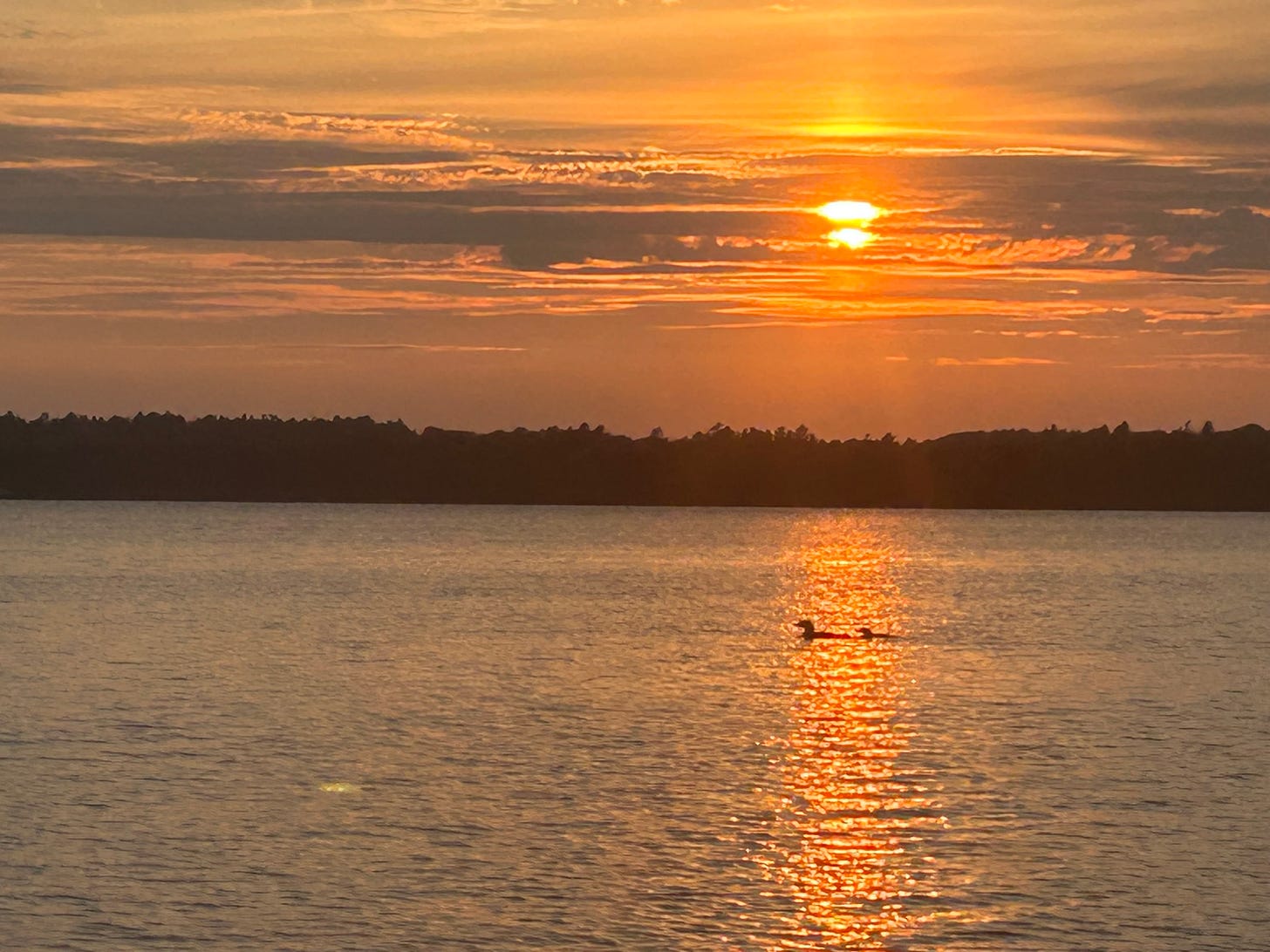
Lexington, MA.
Brava, my friend. We moved to Vermont for the same reasons.